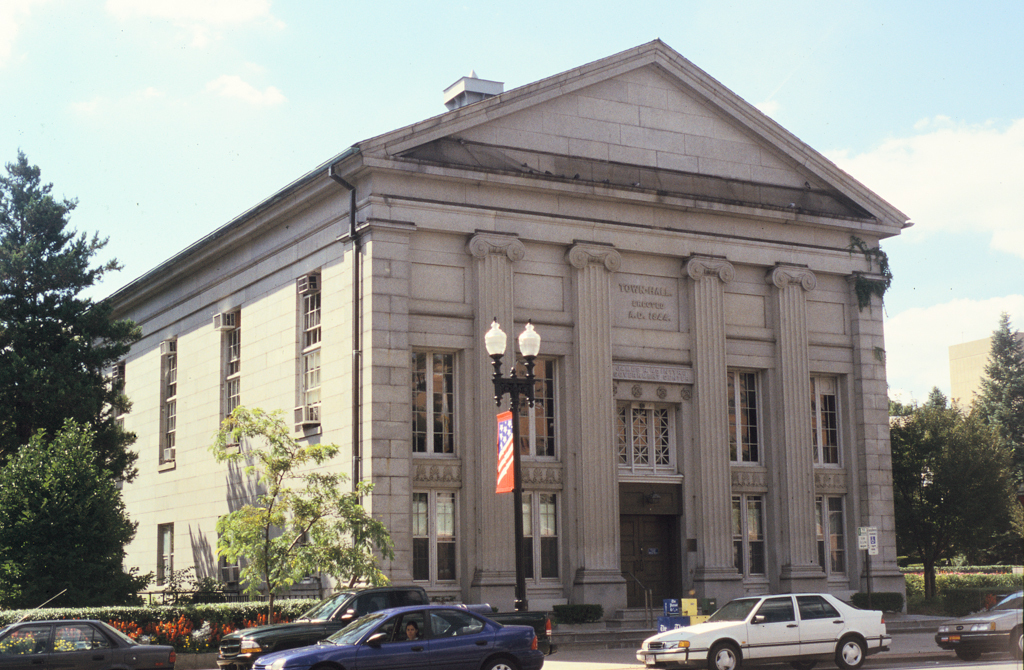Quincy Hall’s History and Architecture: Does Quincy Hall Have Metal Teeth

Quincy Hall, a prominent landmark in Boston, Massachusetts, boasts a rich history and distinctive architectural style that reflects its purpose as a center for government and civic life. Constructed in the mid-19th century, the building has served as a venue for various significant events and gatherings, showcasing its enduring importance in the city’s cultural and political landscape.
The hall’s architectural style, characterized by a blend of Greek Revival and Italianate elements, was a popular choice for public buildings during the mid-19th century. The exterior features a symmetrical facade with a prominent portico supported by six massive columns, reminiscent of classical Greek temples. The building’s design emphasizes grandeur and stability, reflecting the values and aspirations of the era.
Construction Materials and Metal Teeth, Does quincy hall have metal teeth
The construction of Quincy Hall involved the use of a variety of materials, including brick, granite, and iron. The exterior walls are primarily constructed of brick, while the foundation and some decorative elements are made of granite. The building’s roof is supported by a series of iron trusses, a testament to the advancements in engineering during the 19th century.
The metal teeth, which are a unique and somewhat unusual feature of Quincy Hall, were incorporated into the building’s construction to prevent the growth of ivy and other vines. The teeth, made of cast iron, were embedded in the brickwork along the building’s exterior walls. This practical measure ensured that the building’s aesthetic appeal would be preserved over time.
Anecdotes and Stories
One interesting anecdote related to Quincy Hall’s construction involves the use of a unique type of mortar. The mortar used to bind the bricks together was a special blend developed by a local mason. This mortar was known for its exceptional strength and durability, ensuring that the building would withstand the test of time.
Another intriguing story revolves around the building’s original use as a market hall. The hall was designed to house a variety of vendors, offering a wide range of goods and services to the public. The market hall was a bustling hub of activity, attracting crowds from all walks of life.
Does quincy hall have metal teeth – While the question of Quincy Hall’s dental hardware might seem peculiar, it’s a reminder that even the most mundane inquiries can lead to unexpected discoveries. Much like the fascinating history of the rooks steeplechase , a seemingly niche sport with a rich past, the answer to Quincy Hall’s metal teeth might unveil a story waiting to be told.
While Quincy Hall may not have metal teeth, he certainly has the tenacity of a steeplechase runner. The grueling race, with its water jumps and barriers, demands both speed and endurance, much like the challenges Quincy faces in his daily life.
Think of the steeplechase olympics as a metaphor for Quincy’s journey, each obstacle a testament to his unwavering determination. And just as a steeplechase runner emerges victorious, so too will Quincy overcome his own personal hurdles, proving that even without metal teeth, he possesses the strength to conquer any challenge.